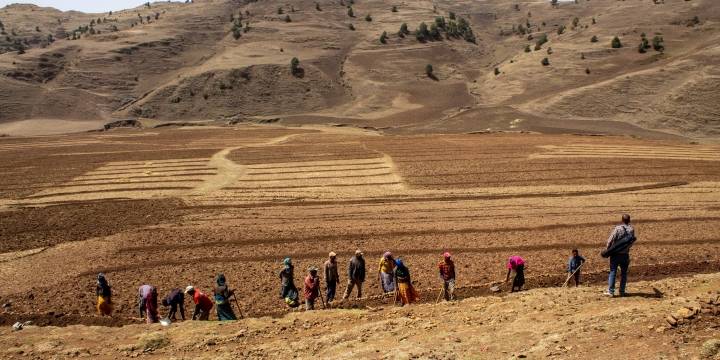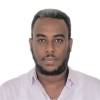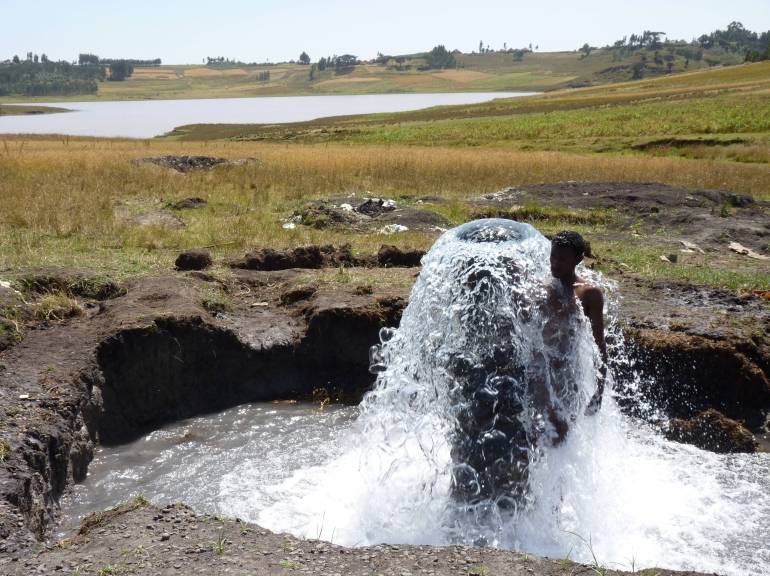
IWRM4WASH project in Ethiopia
- Ethiopia
- € 9,016,025



The Source to Tap and Back (S2TAB) project started its implementation in 2013 and is currently (2021) in its final stages.
The Source to tap and back (S2TAB) project involved a large-scale collaboration between VEI, MetaMeta, Vallei & Veluwe Water Board, Zuiderzeeland Water Board, National Institute for Public Health and the Environment, Addis Ababa Water and Sewerage Authority, Adama Water Service and Sewerage Enterprise, Oromiya Water, Mineral and Energy Bureau and Ethiopian Public Health Institute (EPHI). The project is currently scheduled to be completed on June 30, 2021.
The aim of the project was to introduce the integrated water chain approach in the metropolitan area of Addis Ababa (Ethiopia) to improve water quality and services for 4.5 million people.
This was achieved through a public-private partnership between various Dutch and Ethiopian partners who, through their expertise and background, brought clear strategic added value to the realization of this project.
Project purpose
Adoption of an innovative problem based multi-stakeholders approach to water supply chain management. This will result in improved water quality and services for 4.5 million people in the metropolitan area Addis Ababa.
Summary project intervention
The sustained provision of water to Ethiopia’s economic heartland and the improved delivery of water services to a population of 4.5 million people is at the centre of this Partnership. The Partnership aims to foster cooperation on the protection of water resources in the larger Metropolitan Region surrounding Addis Ababa and improve service delivery in both Addis Ababa and Adama, respectively the largest and third largest city in the country.
In Ethiopia accelerated investments have led to improvement in the water and sanitation sector. However, intermittent supplies and poor-functioning of existing infrastructure is a major challenge and non-revenue water (NRW) may be up to 40%. An estimated 68% of the “improved” drinking water sources for 4,5 million people do not comply with quality standards. These problems are mainly caused by deteriorating water sources resulting from pollution, and poor operations and quality management in the water production and distribution chain.
The strategic added value of the partnership is that it brings together Ethiopian partners from Addis Ababa Municipality and Oromiya Region that share the same water resources and are mutually dependent on one another but that so far have not been systematically cooperating. The rationale of the Partnership is based on the integrated water chain approach towards water supply safety and water security: starting with water resources protection (surface and groundwater), moving to the water and sanitation services in Ethiopia’s main urban area (the largest and third largest cities and other urban centres) and reducing the effluent loads from the cities – so as to secure water availability for Ethiopia’s core economic region and improve the quality and sustainability of services.
The solution that the partnership will bring is the introduction and demonstration of a comprehensive water chain approach (´source to tap and back´) that will improve water and sanitation services in Addis Ababa and Adama.
The intervention will:
1. Introduce and consolidate a collaborative framework (‘Learning Alliance’) for integrated water resource protection and support the set up of the required mechanisms and systems to make this operational
2. Introduce Water safety plans (WSPs) within AAWSA and AWSSE and demonstrate innovative approaches to reduce non-revenue water to increase water availability in Addis Ababa and Adama.- among other bank infiltration, bio-digestion and mineral recovery from waste water.
3. Upscale these interventions through an education centre focussing on innovative approaches in IWRM and WASH and bring these in reach of a wide range of stakeholders.
